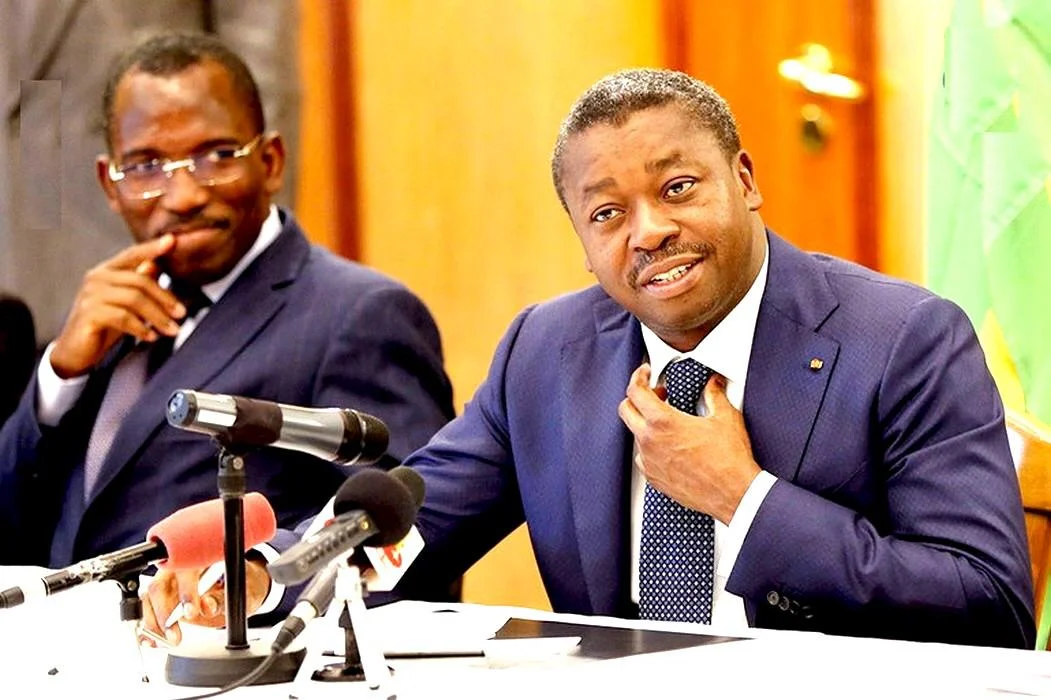The month of January was a relatively quiet one in Togo. The massive civilian protests of the past two years have not resumed with the same intensity and there is now a wait-and-see attitude regarding the next stage of the protracted conflict between the country’s long-ruling government and the political opposition. Beneath the surface, though, much has been simmering since late December when the country held elections to select a new parliament. Astute observers noted that most voters heeded the call of the C14 -- the coalition of 14 opposition political parties leading the protests -- to boycott the polls.
Despite the low voter turnout, a new parliament did indeed emerge; thereafter, President Faure Gnassingbé tasked the Prime Minister, Selom Klassou, to form a new cabinet. During its inaugural meeting on January 30, government reiterated a commitment to undertake needed political reforms as demanded by the regional bloc ECOWAS, including the reinstatement of presidential term limits, a two round ballot system and a recomposition of the Electoral Commission, which has been plagued by incompetence and partiality.
There is little doubt that Gnassingbe will fail to deliver on these reforms. What seems certain is that his government is on the offensive, creating the appearance of normalcy to the outside world. Invigorated by ECOWAS’ validation, which somehow deemed the recent legislative elections free and fair, the government now considers the political crisis to be over. As such, the government is now cleverly managing the expectations of the international community in a highly manipulative way, restricting civil liberties within the country while making surface-level, seemingly positive adjustments to the regime. The purpose of this two-fold operation is to mislead the international community and Togo’s development partners.
In effect, Gnassingbe is painting a picture that shows the country maintaining democratic institutions — but don’t be fooled. In the first session of the national assembly, the newly elected MPs introduced and passed a bill to limit the term of the parliamentary board to a single year, even though the current constitution states the board is elected for the full term of the assembly. Furthermore, the election of Mrs. Yawa Tsegan as the chairman of the new parliament — the first woman ever to hold this position — follows the same pattern. The message being sent is that the new parliament is breaking entrenched gender barriers and “empowering women.” Nothing could be further from the truth. This was followed by the release of several notable political prisoners, including leading figures from the Nubueke movement, one of Togo’s key civil society movements. In true dictator fashion, this was “an act of generosity” toward people that were, in reality, being held hostage and used as a bargaining tool by the regime.
These moves by the government have already drawn praise from international media outlets and commentators, proving once again that the threshold of democracy in Africa remains unacceptably low. Truth be told, these actions are a farce and far insufficient compared to the extent of the repression and suffering ongoing in Togo, including the severe restrictions on the right to protest and freedom of expression. In particular, the always-looming presence of the country’s feared security forces, and the climate of terror that has been cultivated, discourages dissent across the country.
With the seeming complicity and certain complacency from some members of the international community, the C14 and other civic actors in Togo will continue to struggle to find a new formula to push for democratic reforms -- long overdue in Togo. 2019 already foreshadows yet another difficult year for the pro-democracy movement in my country.
Wolali K. Ahlijah is the operations Director for the Togolese Civil League and cofounder of the Faure Must Go campaign. Wolali works closely with Togolese civil society to create pathways for the rule of law, democracy and freedom. You can follow him on Twitter here: @Wolali
DISCLAIMER: The views expressed in this publication do not necessarily reflect the views of Vanguard Africa or the Vanguard Africa Foundation.

